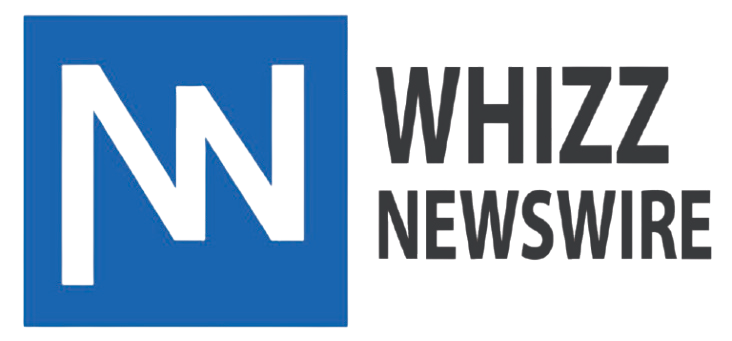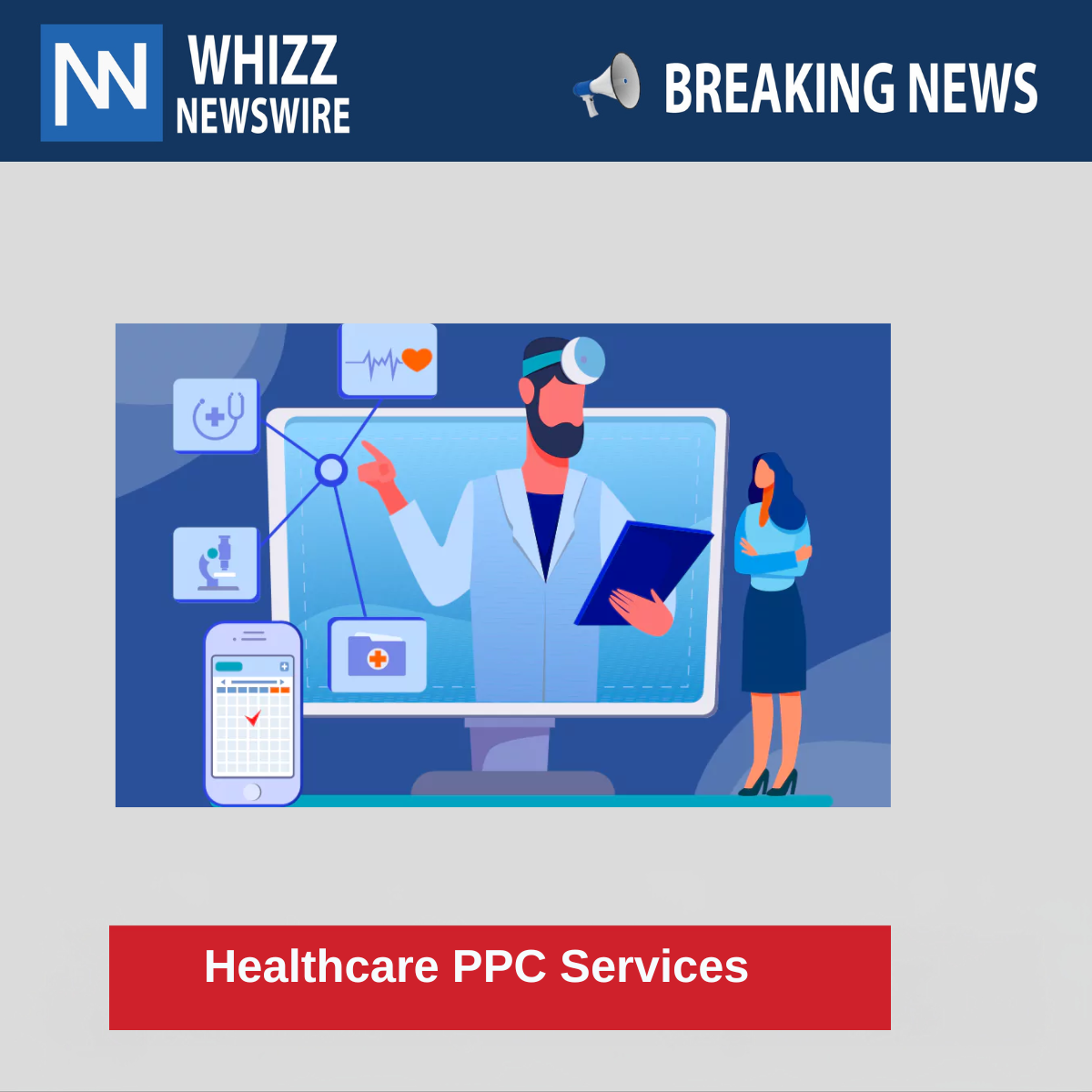Healthcare PPC (Pay-Per-Click) services are a digital advertising model used by healthcare organizations to attract and convert potential patients online. Under this model, advertisers pay only when someone clicks on their ad, making it a cost-effective solution to drive high-quality, intent-driven traffic to their websites or appointment systems.
These services are specifically designed for:
- Hospitals and multi-specialty clinics
- Private practices (dentists, dermatologists, chiropractors, etc.)
- Mental health therapists
- Pharmacies and diagnostic labs
- Health tech companies
- Medical equipment suppliers
PPC in healthcare is not like general PPC; it must adhere to privacy laws (like HIPAA in the U.S.), maintain a sensitive tone, avoid misleading language, and target users at various stages of the patient journey.
Why PPC Is Crucial for Healthcare Marketing
In today’s digital-first world, over 80% of patients use search engines to find medical providers or services before making an appointment. That’s where PPC fits in.
Here’s why PPC is especially important in the healthcare industry:
1. High Intent Traffic
When a user searches for terms like “best cardiologist near me” or “emergency dental clinic in [city],” they are actively looking to take action, not just browsing. PPC ads can appear at the top of these search results, placing your service in immediate view.
2. Faster Results than SEO
While SEO (search engine optimization) builds organic visibility over months, PPC campaigns can generate instant traffic and leads, making it ideal for new clinics or for promoting time-sensitive services (e.g., flu shots, health screenings, telehealth).
3. Hyperlocal Targeting
Geo-targeting lets you show ads only to users in specific areas, reducing wasted spend and increasing relevancy. For example, a fertility clinic in Lahore doesn’t want its ads showing up in Karachi.
4. Controlled Costs
You set a daily or monthly budget and only pay when someone clicks. Unlike traditional media like newspaper ads or billboards, PPC offers full control and detailed tracking.
Key Components of a Healthcare PPC Campaign
1. Strategic Keyword Research
- Focus on long-tail, localized medical terms like:
- “urgent care center near downtown Houston”
- “pediatric ENT specialist Islamabad”
- “urgent care center near downtown Houston”
- Include service-specific keywords: “root canal,” “IVF treatment,” “weight loss surgery,” etc.
- Use negative keywords to avoid irrelevant clicks (e.g., “jobs,” “free clinic” if not applicable)
2. Platform-Specific Setup
- Google Ads (most popular): for search, display, and YouTube ads
- Facebook/Instagram Ads: for brand awareness, lead gen, retargeting
- Bing Ads: smaller audience, but often cheaper CPC
- LinkedIn Ads: ideal for B2B healthcare (e.g., medical software, hospital suppliers)
3. Compelling, Trustworthy Ad Copy
Because healthcare is personal, the messaging must be:
- Professional yet comforting (“Board-Certified Doctor You Can Trust”)
- Clear (“Same-Day Appointments Available”)
- Action-Oriented (“Book Consultation Now”)
Include:
- Phone numbers (with call extensions)
- Google rating or reviews
- Clinic hours and insurance info
4. Landing Page Optimization
The destination matters as much as the ad. Best practices include:
- Fast-loading, mobile-friendly pages
- Consistent messaging (reflects ad promise)
- Prominent CTAs: “Call Us,” “Schedule Now”
- Trust symbols: doctor certifications, testimonials, photos, affiliations
5. Conversion Tracking & Compliance
- Use tools like Google Tag Manager to track:
- Form submissions
- Phone calls (via dynamic call tracking)
- Chatbot interactions
- Form submissions
- Do not track personal health info unless HIPAA-compliant tools are used
- Avoid retargeting based on sensitive searches (e.g., “cancer treatment”) to stay ethical
6. A/B Testing & Continuous Optimization
- Run tests on:
- Headlines (“Find a Cardiologist Today” vs. “Book Your Heart Checkup Now”)
- Images/videos
- Call-to-action placement
- Headlines (“Find a Cardiologist Today” vs. “Book Your Heart Checkup Now”)
- Optimize based on:
- Click-through rate (CTR)
- Cost per click (CPC)
- Cost per lead (CPL)
- Conversion rate (CVR)
- Click-through rate (CTR)
Real-World Examples of Healthcare PPC Ads
| Healthcare Business | Example PPC Ad Headline | CTA | Location Targeted |
| Dental Clinic | “Emergency Dentist Near You – Open 7 Days” | Book Now | Within 10km of office |
| Weight Loss Center | “Lose Weight with Our Non-Surgical Programs” | Free Consult | Citywide |
| IVF/Fertility Clinic | “Advanced IVF Care with High Success Rate” | Book Online | Regional/National |
| Mental Health Therapy | “Online Therapy from Licensed Psychologists” | Start Today | Nationwide |
What Agencies Offer This Service?
- Specialized Healthcare Marketing Firms
- Cardinal Digital Marketing
- Intrepy Healthcare Marketing
- Scorpion
- Cardinal Digital Marketing
- Digital Marketing Agencies with Health Divisions
- Thrive
- WebFX
- LYFE Marketing
- Thrive
- Freelancers & Consultants
- Ideal for small practices with tighter budgets
- Can be hired via Fiverr, Upwork, or LinkedIn
- Ideal for small practices with tighter budgets
Metrics That Matter
The effectiveness of healthcare PPC campaigns is judged on:
- Impressions: How many times your ad was seen
- CTR (Click-Through Rate): How compelling your ad is
- CPC (Cost Per Click): How efficient your ad spend is
- Leads: Calls, appointment requests, or contact forms
- Cost Per Lead (CPL): What you spend to get each inquiry
- ROAS (Return on Ad Spend): Total value generated from your PPC spend
PPC vs. SEO for Healthcare
| Factor | PPC | SEO |
| Speed | Instant | 3–6 months to rank |
| Cost | Paid clicks | Free clicks (after setup) |
| Control | Full control over budget and targeting | Less predictable |
| Trust | Less (marked as Ads) | More trusted (organic results) |
| Best for | Immediate traffic, offers | Long-term presence |
Conclusion: Use both in tandem for best results.
Final Thoughts: Is Healthcare PPC Worth It?
Yes when done correctly, PPC services can generate qualified leads, new patients, and measurable ROI for your healthcare business. However, they require:
- Industry knowledge (to stay compliant)
- Strategic planning
- Data-driven optimization
- Ethical, patient-first communication
Whether you’re running a private clinic, a multi-location health center, or a wellness brand, investing in PPC can accelerate patient acquisition and establish your brand as a trusted healthcare provider in your area.
For similar content visit here




